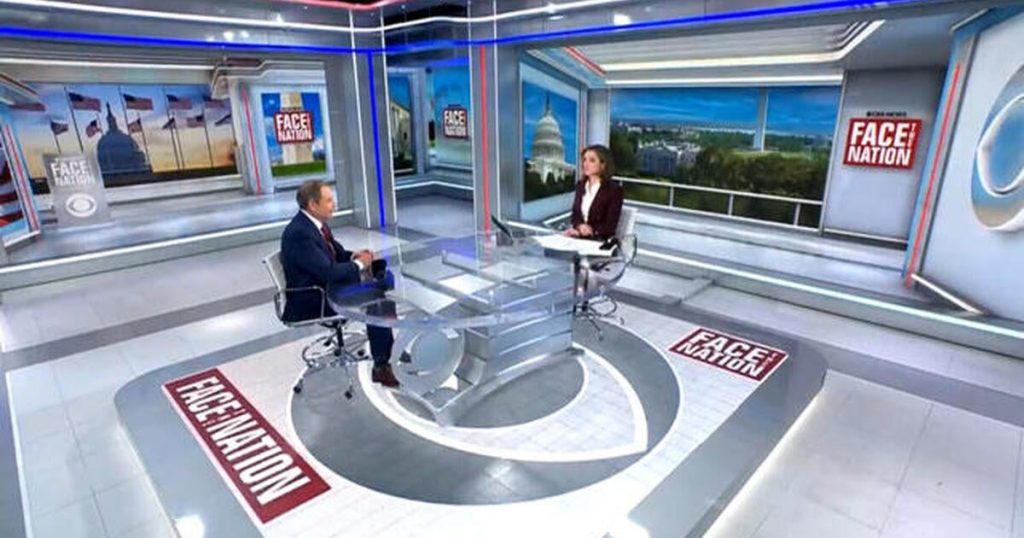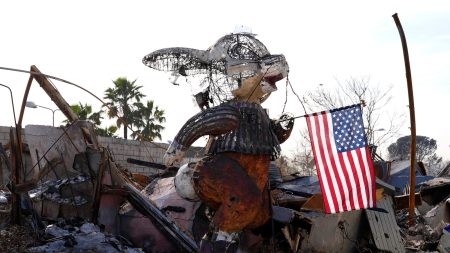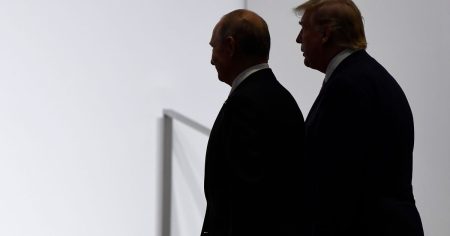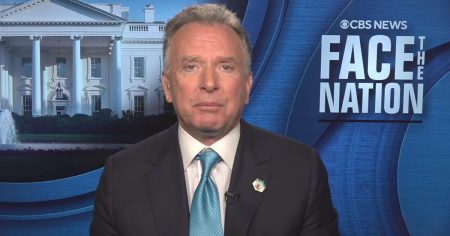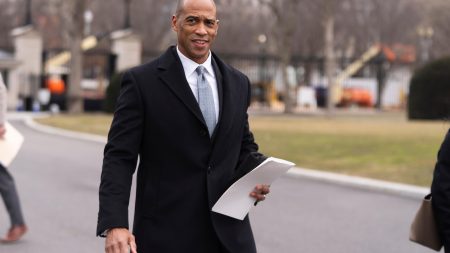Summary of "Face the Nation with Margaret Brennan"
1. President Trump’s Federal Workforce Reduction
The broadcast begins with Margaret Brennan discussing President Trump’s aggressive efforts to reduce the federal workforce. Trump has been touting his "America First" agenda, which includes significant changes to the federal government. Recently, the Pentagon was affected, with high-ranking officials like General C.Q. Brown and Admiral Lisa Franchetti being ousted. This move has raised concerns about the politicization of the military and the potential impact on national security. The administration’s actions have been described as a "purge," with Trump and his Secretary of Defense, Hegseth, criticizing officials for diversity and inclusion programs. The Pentagon’s leadership changes occur amidst critical global situations, such as the ongoing conflicts in Ukraine and the Middle East.
2. Clash with Democratic Governors
Governor Kathy Hochul of New York discusses her confrontations with the Trump administration, particularly over issues like congestion pricing and federal funding. Hochul met privately with Trump to argue against his intervention in state policies, emphasizing the importance of state autonomy. She also addressed the broader context of Republican attacks on Democratic-led states, such as Maine and New York, where Trump has threatened to withhold federal funds to force compliance with his agenda. Hochul and other Democratic governors are preparing legal challenges and public resistance to these actions, framing it as a defense of state rights and democratic values.
3. Middle East Developments and Envoy Steve Witkoff
Steve Witkoff, Trump’s special envoy to the Middle East, discusses ongoing efforts to secure a hostage deal and address the crisis in Gaza. Witkoff emphasized the need for a permanent ceasefire and the removal of Hamas leadership, suggesting that Gaza’s reconstruction could take 15 years. He also highlighted the importance of trust-building in negotiations, citing his personal meeting with Vladimir Putin. Witkoff’s approach has been met with skepticism, particularly regarding the feasibility of relocating Palestinian populations and the potential for long-term instability in the region.
4. Legislative Perspectives and Concerns
Senators John Curtis (R-UT) and Chris Van Hollen (D-MD) offer contrasting views on Trump’s policies. Curtis supports Trump’s dramatic changes, framing them as a necessary response to public frustration, while Van Hollen criticizes the administration’s actions as harmful and unconstitutional. Both senators acknowledge the challenges posed by Trump’s unilateral actions, particularly regarding federal workforce reductions and foreign policy decisions. The discussions highlight the political divide and the ongoing constitutional debates over executive authority.
5. Public Health Issues and Vaccine Hesitancy
Dr. Scott Gottlieb, former FDA commissioner, addresses the measles outbreak in Texas and New Mexico, linking it to low vaccination rates. He expresses concern about the spread of measles and the erosion of herd immunity. Gottlieb also criticizes HHS Secretary Robert F. Kennedy Jr.’s vaccine skepticism, emphasizing the need for public confidence in vaccines. The conversation extends to the Trump administration’s use of public health authorities for border control, with Gottlieb questioning the necessity of invoking Title 42 for diseases like TB.
6. Governor’s Response and Overall Implications
Governor Kathy Hochul underscores the importance of state autonomy and legal resistance against federal overreach. She discusses the potential implications of Trump’s actions on institutional stability and public trust. Hochul also addresses the legal battles over policies like congestion pricing, confidently asserting New York’s position in court. The administration’s actions, particularly in areas like public health and national security, raise concerns about the balance of power and the impact on future governance.
Overall, the broadcast highlights the significant challenges facing the Trump administration, including political, legal, and public health issues. The discussions reflect a contentious political landscape and the ongoing debates about executive authority, state rights, and national security.





